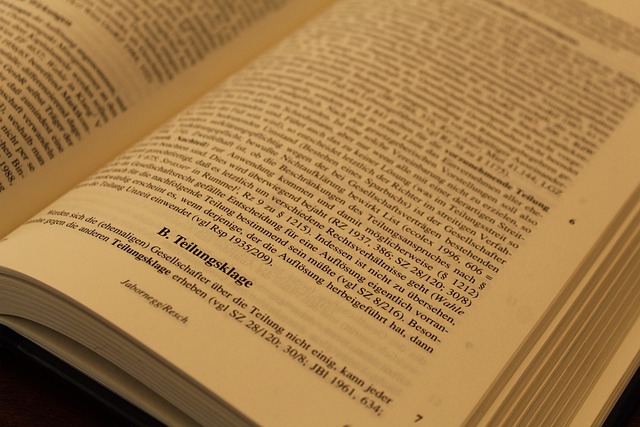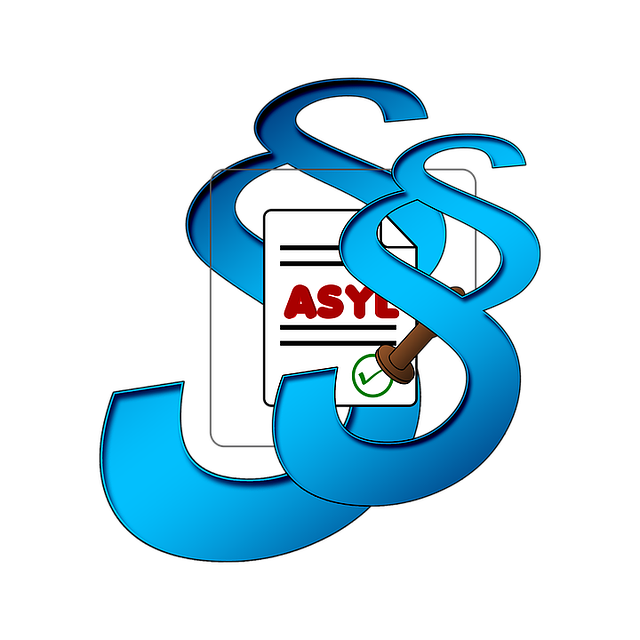Probate challenges in estate distribution include unclear wills, conflicting beneficiary claims, complex asset ownership, and market fluctuations. Skilled attorneys navigate these issues through meticulous will analysis, strategic equity principles, and constructive trust arguments to ensure fairness. Effective communication, open dialogue, and professional guidance are crucial for managing emotional dynamics. Meticulous documentation and record-keeping, along with innovative technologies like blockchain and smart contracts, streamline the process, enhancing efficiency and transparency in estate distribution.
“Unraveling probate challenges is essential for a seamless transition of assets during estate distribution. This comprehensive guide offers expert insights into common issues, from complex disputes over will validity to emotional tensions among beneficiaries. We explore powerful legal strategies and effective communication techniques tailored to navigate these hurdles.
Through meticulous documentation and record-keeping practices, we ensure transparency and efficiency. Additionally, innovative solutions are presented to streamline the probate process, focusing on estate administration best practices, ultimately benefiting all involved parties.”
- Understanding Probate Challenges: Common Issues Arising During Estate Distribution
- Legal Strategies to Address Complex Estate Distribution Disputes
- Effective Communication: Navigating Emotional Tensions in Probate Matters
- Documentation and Record-Keeping: Ensuring Smooth Estate Administration
- Innovative Solutions for Streamlining the Probate Process
Understanding Probate Challenges: Common Issues Arising During Estate Distribution

Probate challenges are common during the process of estate distribution, often causing delay and distress for families. These issues can arise from a variety of factors, including unclear or outdated wills, conflicting claims by beneficiaries, and complex asset ownership. One of the primary challenges is identifying and valuing all assets, especially those that may not be easily liquidated, such as real estate or businesses. This process requires meticulous record-keeping and careful consideration of tax implications, which can further complicate matters.
Another frequent issue is resolving conflicts among beneficiaries. Disagreements over the distribution of assets can lead to costly legal battles, prolonging the probate process significantly. Additionally, changes in the financial markets or unexpected events like death or incapacitation can impact the value of assets, affecting the overall estate distribution. Effective planning and clear communication are key to mitigating these challenges; however, when they arise, seeking professional advice is crucial for navigating these complex legal and financial matters.
Legal Strategies to Address Complex Estate Distribution Disputes

When complex estate distribution disputes arise, legal strategies become paramount in navigating a labyrinth of legal intricacies. Attorneys skilled in probate law employ various tactics to ensure fairness and resolve conflicts among beneficiaries. One common approach is to analyze the will’s language meticulously, uncovering hidden clauses or ambiguities that could favor certain heirs over others. This involves a deep dive into the testamentary instruments, considering both explicit and implicit provisions.
Additionally, legal professionals may invoke principles of equity to address distributional inequities. They might argue for a constructive trust if the will’s distribution deviates significantly from the testator’s intended purpose or fails to account for changed circumstances. Such strategies ensure that the estate is distributed in a manner consistent with the testator’s wishes while maintaining fairness among all parties involved.
Effective Communication: Navigating Emotional Tensions in Probate Matters

Probate matters can be emotionally charged, with family tensions and complex issues surrounding estate distribution. Effective communication is a critical component in navigating these challenges. It’s essential to foster open dialogue between all parties involved, ensuring everyone understands the legal process and its implications. This includes regular updates on progress, clear explanations of decisions, and active listening to address concerns or grievances.
A professional probate attorney can facilitate this communication, acting as a mediator to help resolve conflicts amicably. They can guide clients through the emotional aspects of estate distribution, offering support while advocating for their client’s best interests. This approach not only helps maintain family harmony but also ensures that everyone is aligned with the legal objectives of the probate process.
Documentation and Record-Keeping: Ensuring Smooth Estate Administration

Effective documentation and record-keeping are vital for a smooth and efficient estate administration process, ensuring that the wishes of the deceased are respected and the assets distributed according to legal requirements. The first step is to gather all relevant documents, including wills, trust agreements, financial statements, and any other paperwork that outlines the individual’s assets and wishes. This comprehensive collection serves as a roadmap for the executors or administrators, guiding them in navigating the probate process and making informed decisions regarding the estate distribution.
Proper record-keeping involves maintaining detailed records of all transactions, communications, and actions taken during the administration period. This includes keeping track of asset valuations, expenses incurred, and any changes made to the original will or trust. Well-organized documentation not only facilitates compliance with legal obligations but also provides transparency and accountability, which are essential for resolving potential challenges that may arise during probate.
Innovative Solutions for Streamlining the Probate Process

In today’s digital era, innovative solutions are revolutionizing the probate process, streamlining procedures that once seemed complex and time-consuming. Technology plays a pivotal role in enhancing efficiency, ensuring that estate distribution is managed with precision and speed. Online platforms and digital tools enable seamless communication between lawyers, executors, and beneficiaries, reducing paperwork and minimizing errors.
For instance, blockchain technology offers a secure and transparent way to record and verify transactions related to estate distribution. Smart contracts can automate certain aspects of the process, such as triggering payments when specific conditions are met. This not only saves time but also reduces the risk of human error and fraud. Additionally, digital documentation and signature solutions streamline the verification process, making it easier for all parties involved to access and approve documents remotely.






